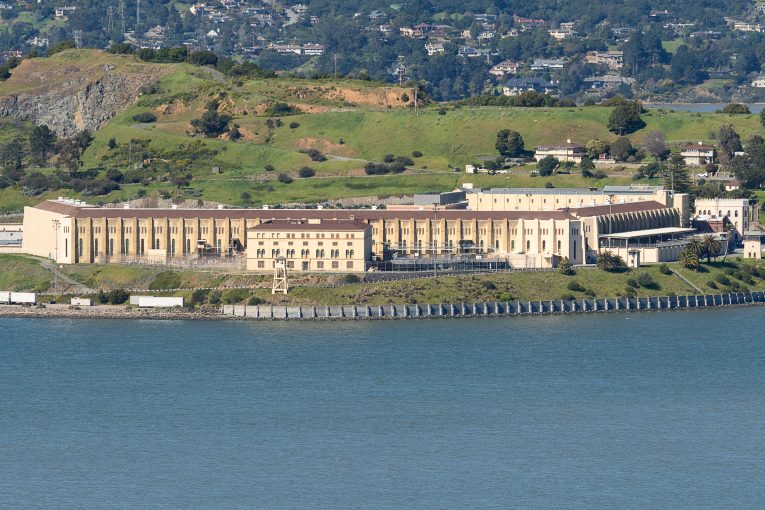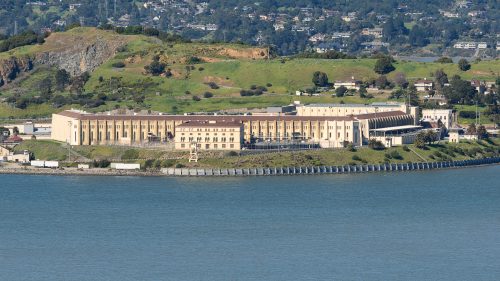

By Leslie Acevedo
SAN QUENTIN, CA – San Quentin is the future of prisons in the U.S., according to an opinion piece written recently in the New York Times by Bill Keller, a former NY Times executive editor, staffer and columnist.
Keller, who notes he helped to start the nonprofit The Marshall Project and began paying attention to the role of prisons in America, wrote in his essay more than 600,000 individuals are released from prison each year, but three quarters of those released from state prison nationwide are arrested again within five years.
California Gov. Gavin Newsom’s “ambitious new plan for San Quentin State Prison in California deserves national attention,” said Keller.
Keller said the prison is to be renamed the San Quentin Rehabilitation Center as “more than 500 residents of death row will be transferred to other state prisons, and their housing unit, along with a prison warehouse, will be repurposed for education, job training, substance abuse therapy and other programs designed to make them safe neighbors.”
Keller notes correctional officers from other states have made journeys to Europe, specifically Norway, to study a different philosophy of corrections, adding, “progressive Europeans see a temporary loss of freedom not only as punishment for violating society’s rules but also as an opportunity that should not be wasted,” compared to prisons in America.
Keller explains some states, including Connecticut, Pennsylvania, North Dakota, and Oregon have begun experiments borrowing from European models emphasizing rehabilitation. Despite how difficult it is to implement the programs, “San Quentin has proved to be fertile ground for reform,” said Keller.
Keller recalls when he visited in 2016, the prison had 3,700 inmates and 3,000 volunteers offering everything program-wise aiming at servicing, prisons publishing an award-winning newspaper and a podcast called “Ear Hustle.”
San Quentin prepares its residents for a smooth re-entry to society, as last year its academic program became an accredited, degree-awarding junior college behind bars, Mt. Tamalpais College, the first of its kind in the country, said Keller.
Keller noted Gov. Newson’s campaign as a criminal justice reformer, signing “legislation banning private prisons, banned potentially lethal police chokeholds and halted executions.”
Now Newson, with a successful reengineering of San Quentin, can polish his progressive resume to make a presidential run for the White House one day, said Keller.
Keller does point out the agency overseeing prisons, the California Department of Corrections and Rehabilitation, has not always been a solid representative of the state, because of its inability to reduce severe overcrowding early in the COVID-19 pandemic.
Keller argues Newsom has been vague on the details of re-engineering of San Quentin State Prison, offering “600,000 reasons to wish him success.”




